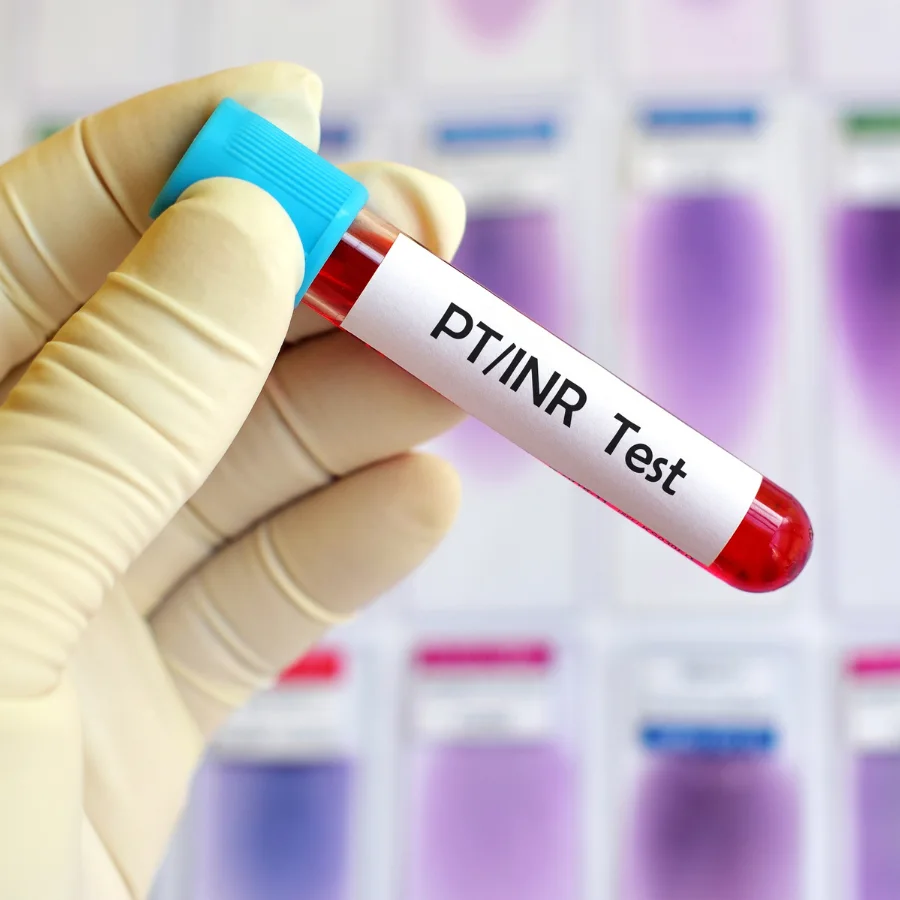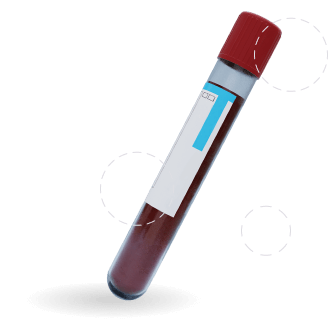
Medical Weight Loss Explained
A lot is said about medical weight loss but we are here to debunk the myths for you.
Blood Tests > Coagulation (PT, aPTT, INR)

Find Out More


Coagulation tests, which are PT, aPTT, and INR, are vital blood tests used to assess the efficiency of blood clotting.
These are critical tests to be carried out for patients on anticoagulant therapy. Over 10 million tests are carried out every year.
The test is used for diagnosing disorders in clotting, drugs causing blood thinning, and assessing the functioning of the liver.

Coagulation tests help diagnose blood disorders, such as haemophilia or von Willebrand disease, or problems that affect blood clotting within blood vessels .
Thus, if one has excessive bleeding, is prone to bruising, or suffers from unexplained blood clots, these tests will reveal the possible issues.
Because many of the clotting factors used by your body are manufactured in the liver, abnormalities of coagulation tests can give a hint towards any liver condition or damage, which requires further investigation.


Coagulation tests may be necessary if you are:
The normal ranges for coagulation tests are as follows:

Use our online booking engine or book your test by giving us a call.
On the online booking engine select the “appointment type” you need.
You will be seen by one of our friendly phlebotomists or trained clinicians.

Most coagulation tests do not require fasting. However, your healthcare provider may ask you to avoid certain medications that can affect clotting, such as blood thinners before the test. Inform your doctor about any medications or supplements you are taking.

A blood sample will be taken from a vein, usually in your arm. This process typically takes only a few minutes. To reduce any discomfort, relax your arm and focus on breathing. Let your healthcare provider know if you have any concerns about blood draws, such as fainting or a fear of needles.

Your results will typically be available within a day or two. For urgent cases, they can be expedited. Based on your results, your healthcare provider may adjust any medications (especially blood thinners) or order further testing.
No
Hidden Charges
Transparent fees. The price you see is the price you pay.
No GP consultation
needed
No GP appointment requirement for blood tests
Established
since 1998
Experienced doctors & a professional team.
Strictly
confidential
Your medical records are kept private at all times.
We offer a wide range of private blood tests in London. Same-day appointments are available 5 days a week.
We work with experienced consultants & healthcare professionals who have received positive feedback from our patients, and with whom we have established long-term relationships.
Latest Episode
Tune in to our podcast to explore the world of healthcare and learn from distinguished special guests. We cover everything from preventative measures to cutting-edge treatments so that you can stay informed and up-to-date on health-related things.

A lot is said about medical weight loss but we are here to debunk the myths for you.

Tourist in London and need a GP? Get fast, private care for illnesses, injuries, or lost medication. No registration needed.

With NHS appointments harder to access, many people are turning to private GPs for faster, more convenient care.
Subscribe for latest updates & news


From same-day private GP and blood test appointments to visa medicals, a sexual and reproductive health clinic, and preventative health screenings, we are here to help.
Contact Us
Accepted Insurance Companies






Please note that Walk-in Clinic is a private medical centre & not an NHS service. Harley Walk-in Clinic Ltd company registration no. 07472804